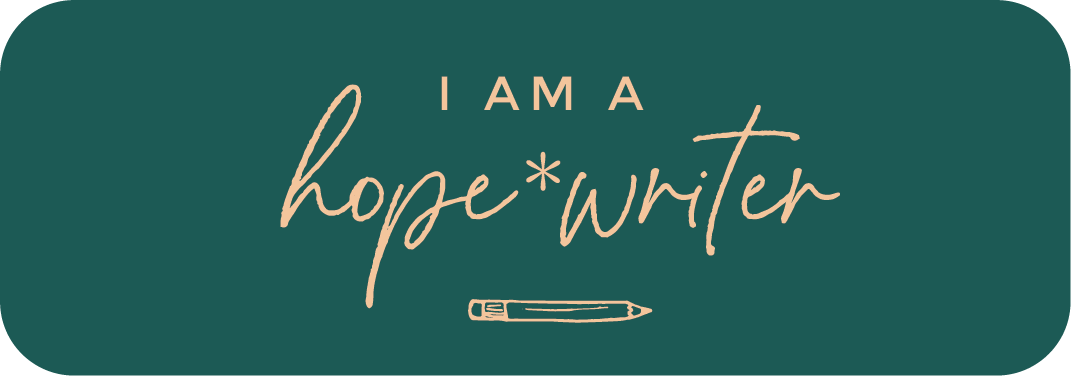Part four of thoughts on dealing with challenging people and situations in life.
When I was a kid, I was terrified of quick sand. Quick sand. I was terrified of something from cartoons about treks in the jungle from the comfort of my coastal Georgia world. Quick sand.
In cartoons, and later in one of my favs The Princess Bride, quick sand (remember the fire swamp!) was all consuming. No matter how hard the victim fought or flailed or called our for help or grabbed vines as lifelines, they got sucked further and further down until they just disappeared. What creeped me out as a kid was not just the feeling of being sucked underground and basically drowning, but rather the fact that no amount of fighting, struggling, or working hard helped. Once stepped into, quick sand is the victor no matter how much the victim tries not succumb. The situation is instantaneously hopeless.
Hopelessness scares me even more than quick sand. The thought that no matter the work I pour into something it won’t do any good is a disconcerting possibility for me. Hopelessness is something I actively run from because to me it feels like failure.
Being in relationship with difficult people can feel like quick sand. And the optimist in me just can’t stop trying to beat getting sucked down into the hopelessness. No matter how dysfunctional the relationship, how poorly I feel I’m treated, or how irrationally the other person behaves (from my point of view), I just can’t help but keep working and scratching trying to find something to cling on to pull us out of the sinking. And so the relationship spirals deeper and deeper into the quick sand of frustration, hopelessness, and, sometimes, the sense of pending disaster.
That possibility of disaster combined with how much I fear hopelessness can foster in me a feeling a dread. I dread dealing with difficult relationships that feel hopeless, unproductive, and destined for disaster when they are situations I don’t have the luxury of just walking away from. Dread can cause me to act our of fear, live with a sense of insecurity, or even attempt to totally avoid dealing with the situation.
Choose security over dread. What the Bible tells us, though, is that dread is not of the Lord – even when that dread is understandable from our human point of view. In Proverbs, we’re reminded of what we should listen to.
“…but whoever listens to me will dwell secure and will be at ease, without dread of disaster.”
Proverbs 1:33
When I read that verse recently, I was stopped in my tracks. The thought of living the difficult relationships in life without “dread of disaster” was so freeing. When I let dread take over me – dread of interactions, dread of the next challenge that is to come, dread of being made to feel like I don’t matter – I take my focus off the Lord. 2 Chronicles reminds me where my eyes should be fixed:
“For we have no power to face this vast army that is attacking us. We do not know what to do, but our eyes are upon you.”
2 Chronicles 20:12
So, when my eyes are fixed on the Lord and I listen to His calling, I can rest secure and at ease. The dread of disaster is promised to fade, regardless of how I may be attacked in difficult relationships. That dread can take over me like the dreaded quick sand where I’m drowning in hopelessness and paralyzed in my decision making. Hopping on the hopelessness bandwagon just further spirals me on the awful cycle of dread.
And like the doomed characters in the cartoons walking into (the often clearly marked) quick sand, my gaze is off when I’m focused on dread. Dread is my quick sand. Walking carefully through difficult relationships and situations in my life, requires me to keep my eyes open and fixed on the Lord so that I don’t step into hopelessness and dread.
What a great reminder of where to fix my eyes regardless of what may be happening around or to me.




